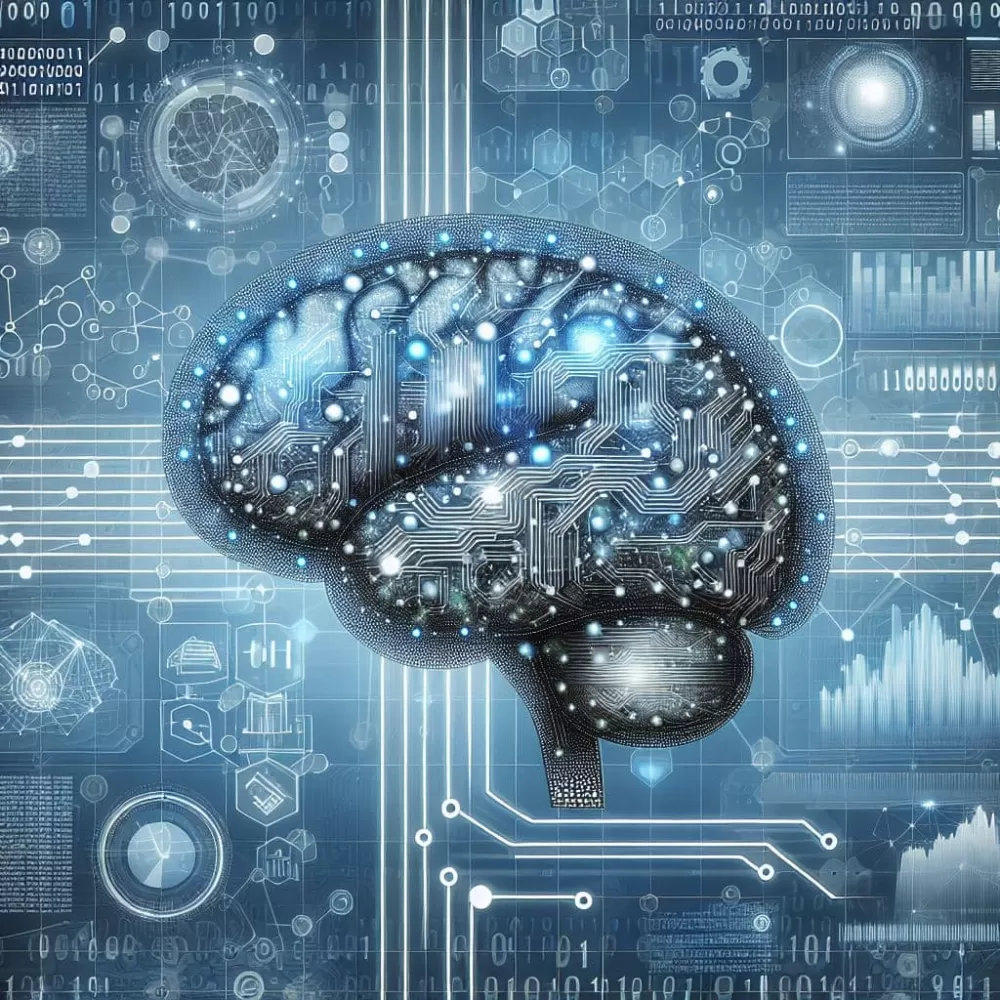SoftBank's Monumental Leap: Forging the Future of Physical AI with a $5.4 Billion Robotics Bet
Share- Nishadil
- October 09, 2025
- 0 Comments
- 3 minutes read
- 37 Views

SoftBank Makes Bold $5.4 Billion Move into Robotics, Acquiring Schunk to Supercharge 'Physical AI' Development
SoftBank Group has made a monumental return to the robotics sector, investing $5.4 billion in German firm Schunk to spearhead the development of advanced 'Physical AI' that will redefine human-robot interaction and industrial automation.
In a powerful statement of its unwavering commitment to the future of robotics and artificial intelligence, SoftBank Group has made a strategic move, acquiring a 54% stake in the esteemed German robotics firm, Schunk, for an astonishing $5.4 billion. This significant investment signals SoftBank's renewed and intensified focus on what it terms 'Physical AI'—the seamless integration of artificial intelligence with tangible, real-world physical interaction.
This isn't SoftBank's first foray into the world of advanced robotics.
The Japanese conglomerate has a storied history in the sector, notably with its previous ownership of Boston Dynamics, the creators of the iconic Spot and Atlas robots. While SoftBank later divested Boston Dynamics to Hyundai Motor Group, this new acquisition of Schunk clearly demonstrates that the allure and potential of robotics remain central to SoftBank's long-term vision.
It's a re-entry, but with a more refined and focused strategy.
Schunk, a venerable German company with a global footprint, is a powerhouse in the field of gripping systems and clamping technology. For decades, it has been a crucial provider of components that enable industrial robots to interact precisely and reliably with their environments.
Its expertise in mechatronics, combined with SoftBank's deep understanding of AI and massive investment capabilities, creates a formidable alliance designed to push the boundaries of what robots can achieve.
The concept of 'Physical AI' is at the heart of this acquisition. It moves beyond purely digital or virtual AI applications, aiming to create robots that can not only perceive and understand complex physical environments but also manipulate them with unprecedented dexterity and intelligence.
Imagine robots that can perform intricate surgical procedures, handle delicate manufacturing tasks, or even provide personalized assistance in homes, all while adapting in real-time to unforeseen changes. This is the future SoftBank envisions—robots that are not just automated machines, but intelligent physical agents capable of learning and evolving.
Masayoshi Son, SoftBank's visionary CEO, has long championed the idea of a 'singularity' where AI surpasses human intelligence.
While the timeline for such an event is debated, investments like the Schunk acquisition are tangible steps towards enabling machines to perform increasingly complex and nuanced physical tasks. By integrating Schunk's robust hardware and mechanical precision with cutting-edge AI software, SoftBank aims to accelerate the development of robotic systems that are more intuitive, adaptable, and ultimately, more useful to humanity.
The implications of this investment are far-reaching.
For industries ranging from manufacturing and logistics to healthcare and service, the advancement of Physical AI promises a revolution in efficiency, safety, and capability. It could lead to a new generation of automation that augments human labor rather than merely replacing it, tackling tasks that are currently too dangerous, repetitive, or complex for humans alone.
In essence, SoftBank's $5.4 billion bet on Schunk is more than just an acquisition; it's a strategic declaration.
It signals a renewed pursuit of a future where intelligent robots are not confined to factory floors but seamlessly integrated into every facet of our physical world, transforming industries and improving lives through the power of advanced Physical AI.
.Disclaimer: This article was generated in part using artificial intelligence and may contain errors or omissions. The content is provided for informational purposes only and does not constitute professional advice. We makes no representations or warranties regarding its accuracy, completeness, or reliability. Readers are advised to verify the information independently before relying on







